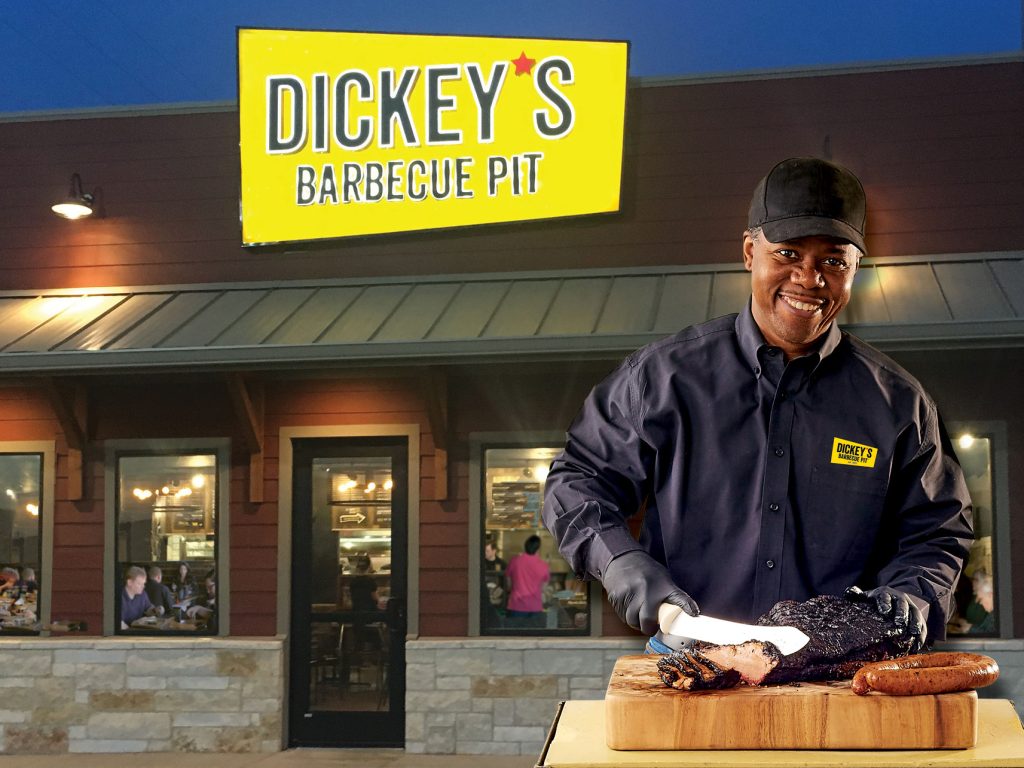The unraveling saga of Dickey’s Barbecue Pit reveals a cautionary tale of ambition meeting harsh reality in the world of franchising. Once seen as a gateway to entrepreneurial success, franchise owners invested their futures into the allure of the barbecue business, only to face unfulfilled promises and financial turmoil. These revelations shed light on the vulnerabilities and risks of franchising, urging potential investors to tread carefully and question the guarantee of success in such ventures.
This narrative highlights a deeper trend within the food industry: the dichotomy between corporate promises and the ground realities faced by franchisees. As the largest barbecue chain globally, Dickey’s was perceived as a stalwart of reliability and profitability. However, the stories of financial loss and disillusionment among owners reveal a stark contrast, prompting a reevaluation of how franchises support their operators and the transparency of their business models as reported by The New York Times.
The fallout from these broken promises is a poignant reminder of the importance of due diligence and realistic expectations in the franchise world. As more stories like these emerge, they may catalyze a shift towards more transparent and supportive franchise agreements. Aspiring entrepreneurs might start favoring smaller, more authentic brands that prioritize genuine support over rapid expansion, reshaping the landscape of franchising in the culinary scene.
In the wake of these revelations, the food industry stands at a crossroads. Will this lead to a demand for more ethical franchising practices, or will aspiring business owners continue to be seduced by the allure of big names? As we ponder the future of the franchise model, we must ask: what safeguards can be introduced to ensure that the dreams of many do not turn into nightmares of lost investments?


